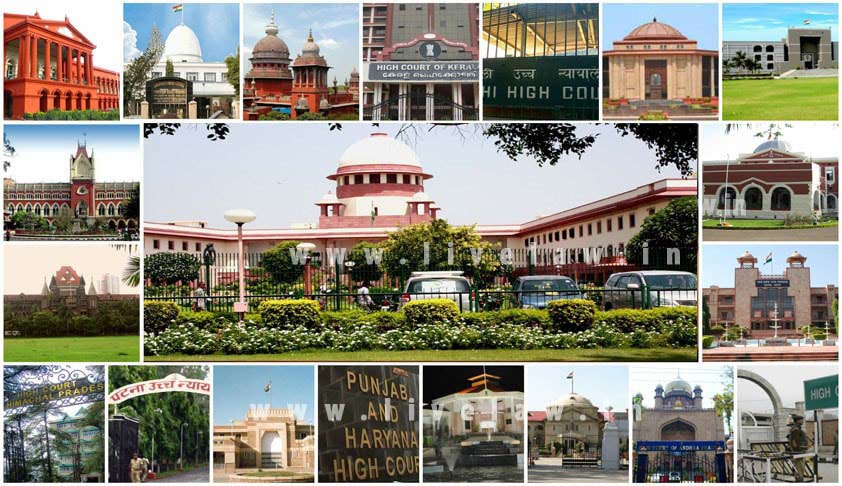- Home
- /
- Editors Pick
- /
- High Courts Weekly Round-Up
High Courts Weekly Round-Up
Ashok KM
2 May 2016 12:01 AM IST
Bombay High CourtThe Aurangabad bench of Bombay High Court, taking into account the acute drought faced in the state directed the State Government to authorise a 50 percent water cut for liquor industries, breweries and distilleries in the area with immediate effect and a further 10 per cent cut from May 10.The High Court commuted the death sentence imposed on Imdad Ali Wai, accused of...
Next Story



